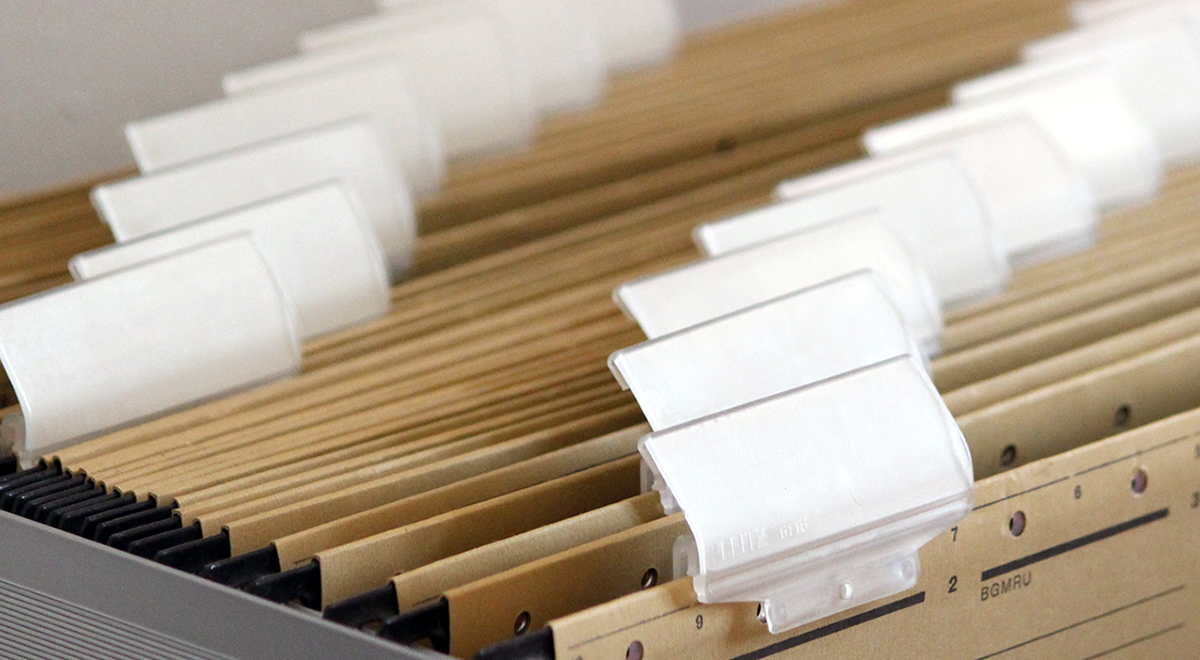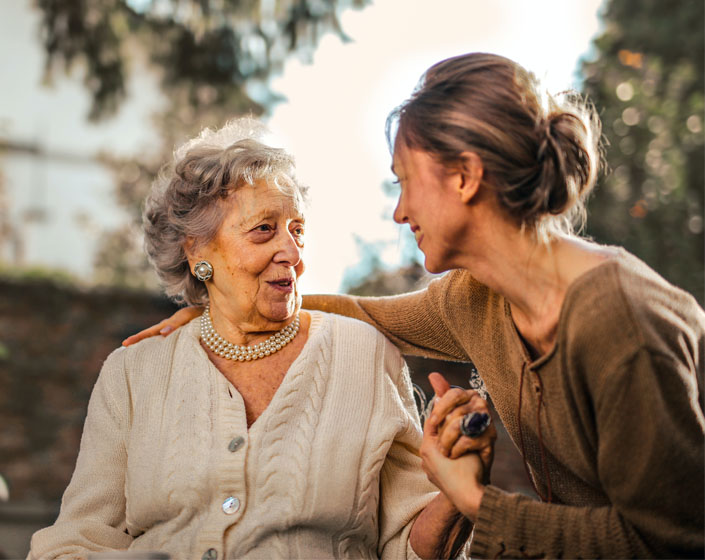We offer a quick and easy will writing service where one of our specialists will discuss your wishes, offer guidance and help you make the will that is right for you.
A single will starts at just £150 plus vat and from £250 plus vat for joint wills.
Common Questions
A will helps to protect your family’s future and ensures that you control how your assets pass after you die.
By writing a will you have certainty that your wishes will be carried out and you can use it to appoint guardians for minor children and make known any specific wishes you many have in terms of individual gifts or funeral arrangements.
If you die without a valid will the law will decide who acts in the administration of your estate and how your estate is to be divided. The intestacy rules were written in 1925 and are considered by many to be out of date with modern society as they make no provision for unmarried partners or step children.
By making a Will you can:
- Appoint people you trust to carry out the terms of your Will
- Appoint people you trust to look after your minor children
- Decide who the beneficiaries will be
- State your funeral wishes
If you are a couple with similar wishes we can prepare mirror wills for you.
To cover health and welfare or financial decisions
A Lasting Power of Attorney appoints your chosen person or persons to make decisions on your behalf during your lifetime. Many people put them in place at the same time as getting their Will written, as part of planning for the future.
What are the types of Power of Attorney
There are two types of LPA:
A health and welfare LPA lets your Attorney make decisions about your medical treatment and day-to-day care.
A financial decisions LPA lets your Attorney deal with your money and property. This can include paying your bills and even selling your property.
Why should I consider a Power of Attorney
An LPA gives you peace of mind that there is someone you trust to look after your affairs if you became unable to do so yourself during your lifetime. This may occur for many reasons such as because of an illness or old age or even as a result of an accident.
You can only grant an LPA whilst you have the required legal capacity. If you no longer have capacity it becomes a far more expensive and protracted to have someone appointed to look after your affairs.
A Lasting Power of Attorney costs from £299 + Vat and mirror LPA`S start from £500+ Vat for two people. In addition there is an application fee which is currently £82 payable to the Office of the public guardian.
If you die in England or Wales without a legally valid Will the intestacy rules govern who is entitled to receive your assets. If you have no living family members, everything will go to the Crown.
Here is a simple guide to how the intestacy rules would distribute your estate if you died without a will.
Married or in a civil partnership with no children
Your surviving partner will inherit everything. This is also the case if the person who died had stepchildren, as stepchildren don’t inherit anything under the rules of intestacy.
Married or in a civil partnership and has children
Your surviving partner will inherit everything up to the value of £270,000. If the estate is worth more than £270,000, the partner also inherits half of everything over this value. The rest is then shared equally between your children.
Unmarried and has children or grandchildren
Your estate is shared equally between your children, not including any step-children. If any of the children has already died, grandchildren or great-grandchildren will inherit their parent’s share.
Unmarried and has no children
Your estate is inherited by close relatives in the following order of priority:
- Parents
- Brothers and sisters
- Half brothers and half sisters
- Grandparents
- Aunts and uncles
- Children of aunts and uncles (cousins)
Many people don’t realise that when you own property jointly with another person that property will not pass under your will or by intestacy.
When making your will it is important that you consider how property is held to ensure that it passes in accordance with your wishes.
There are two main ways of owning a property jointly known as Joint Tenants and Tenants in Common.
If you own your property as Joint Tenants it means that, upon death, the ownership of the property passes directly to the joint owner and not under the terms of your Will.
If you own as Tenants in Common, your share of the property will go to the beneficiaries you choose.
We can check the land registry for you and let you know which applies.
We can also help you change the way you own the property and prepare all the necessary documentation for the Land Registry.
Latest Information On Wills
-
Will Wizard
Create your own legally binding will in under 20 minutes with our online Will Wizard.
Our will system makes writing a will quick and easy and you can do it from the comfort of your own home today.
-
Will Wizard
Create your own legally binding will in under 20 minutes with our online Will Wizard.
When you click on the link, you will be taken to the WillWizard to create your legally binding Will

Speak to us now on 0800 214 216
(local rate call cost) or request a callback






